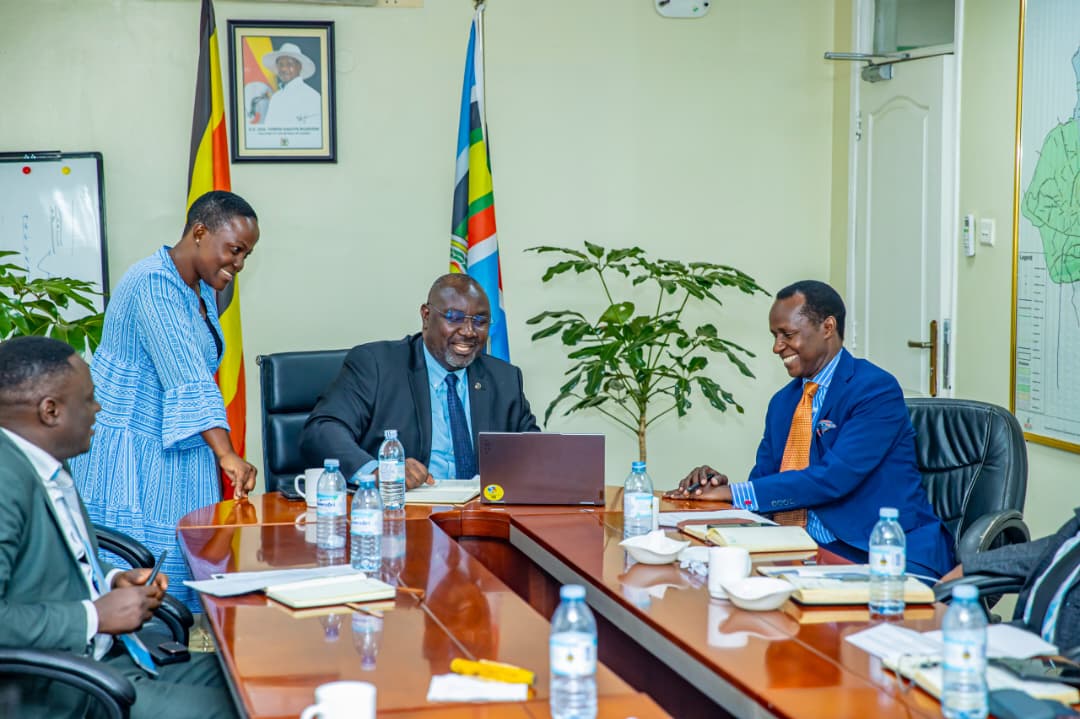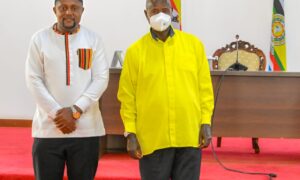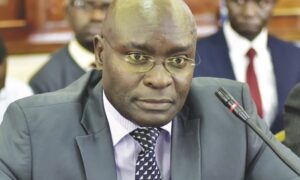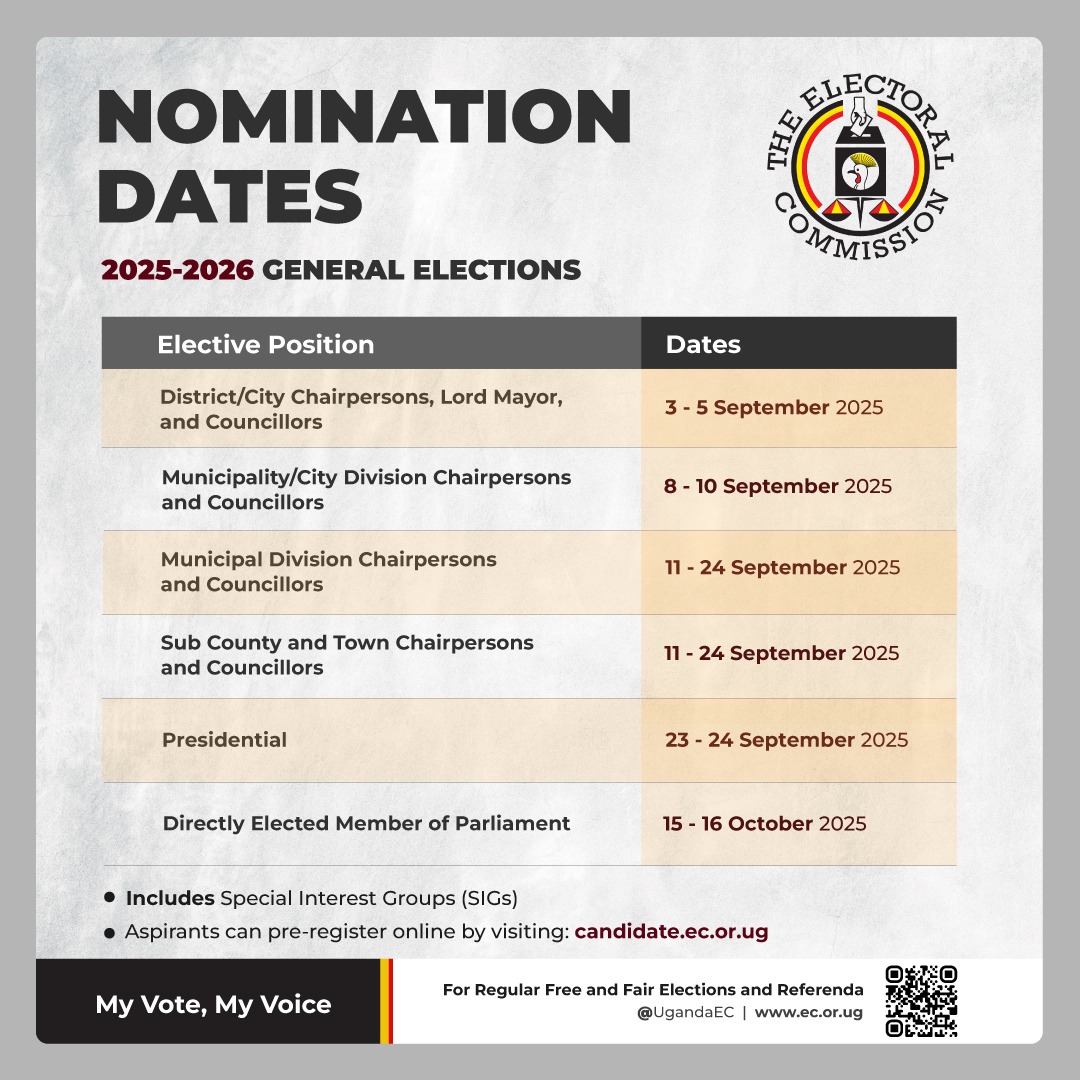KAMPALA; The Buganda Land Board (BLB) and Kampala Capital City Authority (KCCA) have pledged to strengthen their long-standing relationship in a bid to streamline land management, physical planning, and development control within the capital city.
The commitment was made during a high-level meeting held at City Hall, attended by KCCA Deputy Executive Director Benon Kigenyi and a BLB delegation led by Prince David Wasajja, the Kabaka’s Attorney.

Others included BLB Chief Executive Officer Simon Kabogoza, Deputy CEO Omuk. Bashir Kizito, Senior Manager for Operations Denis Bugaya, Princess Sarah Ndagire, and Chief Surveyor Wamala James.
Prince Wasajja described the engagement as “long overdue” and essential for aligning land administration efforts in the city.
“Almost 50 percent of the land in Kampala belongs to the Kabaka. We are a major stakeholder and want to establish a special working relationship with KCCA,” he said. “If we work together, we can address issues such as illegal construction, waste management, and unplanned development more effectively.”
BLB CEO Simon Kabogoza hailed KCCA’s initiative, saying effective coordination between the two institutions would greatly improve city governance.
“KCCA has shown goodwill, and it’s only right that we build on that. We should establish clear communication channels and work together where necessary,” he said.
His deputy, Bashir Kizito, underscored the importance of ensuring that developments on Kabaka land are properly regulated.
“Many people build without approved plans. We want to work with KCCA to ensure that all developments on Kabaka land are legal and compliant,” Omuk. Kizito said.
KCCA Deputy Executive Director Benon Kigenyi described the relationship between the two entities as “symbiotic,” saying it has facilitated several city projects and minimized land disputes.
“We recognize that several city government properties sit on land belonging to the Buganda Land Board, and there have not been any major disputes. This shows that our institutions have maintained a cordial and cooperative relationship,” he noted.
Kigenyi emphasized that closer collaboration with BLB would be key to effective urban planning and addressing the growing pressure on Kampala’s limited land resources.
“People occupying Kabaka land often fear to approach the rightful owners for documentation, and that’s why many end up building illegally. We want to work hand-in-hand with BLB to find a lasting solution,” he said.
He also pointed out that land acquisition challenges continue to delay infrastructure projects, such as the Kasubi–Namungoona Road, due to ownership and compensation disputes.
“The state of that road is embarrassing to all of us, but the problem lies in land ownership disputes. We valued the land and offered compensation, but some occupants refused. These people sit on BLB land; they shouldn’t make it so difficult for the road to be developed,” Kigenyi said.
Both institutions agreed to establish a joint framework for cooperation aimed at harmonizing land management systems, improving development approvals, and promoting sustainable urban growth.
“We want a situation where we can deliver this city with precision,” Kigenyi added.










